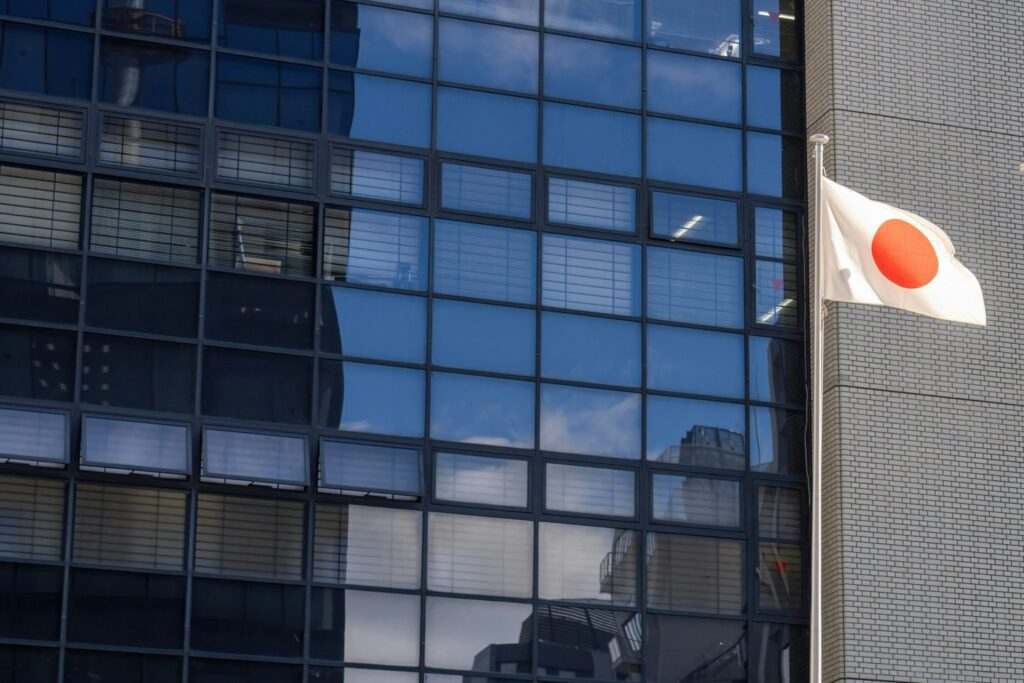A recent survey conducted by Nikkei Research has unveiled intriguing insights into the attitudes of Japanese corporations towards technology and evolving social dynamics.
Administered between July 3 and July 12, the survey gathered responses from 506 companies, yielding a partial response rate of around 50%. It highlights the delicate balancing act corporations in Japan must perform as they incorporate artificial intelligence (AI) technology while remaining vigilant about cybersecurity amid changing workplace attitudes.
The findings reveal a notable disparity in AI adoption across different sectors. Approximately 24% of companies have successfully integrated AI into their operations, with another 35% planning to do so in the near future. However, a substantial 41% remain ambivalent, showing little to no intention of adopting AI. This statistic lays bare the varied technological openness among Japanese firms.
For those willing to embrace AI, motivations are both clear and complex. A significant 60% of the businesses cited a dire need to mitigate labor shortages in Japan’s aging population as a primary driver for AI adoption. Additionally, 53% aim to cut labor costs, while 36% view AI as a catalyst for accelerating research and development. It’s apparent that businesses see AI as a vital tool to tackle pressing economic issues.
However, the journey towards AI integration is fraught with challenges. A manager from a transportation company highlighted the prevalent “anxiety among employees over potential layoffs” as a major barrier. Other notable hurdles included a reported lack of technological expertise, the considerable capital investment required to implement AI systems, and ongoing doubts about the reliability of these technologies. Such factors contribute to the hesitance of many firms in fully committing to AI.
The survey also brought attention to the cybersecurity landscape facing businesses in Japan. Alarmingly, 15% of respondents reported falling victim to cyberattacks over the past year, with 9% indicating that affiliated companies were also attacked. The consequences of these incidents were severe, with 23% of affected firms reporting temporary disruptions and 4% experiencing data leaks.
In light of these digital threats, Japanese companies are adopting diverse strategies to bolster their cybersecurity. Nearly half—47%—are opting to outsource their cybersecurity functions, while 38% are keen on developing their internal expertise. The recent cyberattack on publisher Kadokawa has further underscored the urgency of this issue, prompting governmental efforts to fortify national cybersecurity frameworks.
Shifting Social Norms: The Name Change Debate
Interestingly, the survey also explored corporate attitudes toward significant social reforms, particularly in relation to Japan’s marriage laws. Half of the participating firms expressed support for altering the law that mandates couples to share surnames—a practice that often results in a wife adopting her husband’s name in over 90% of cases. This policy has come under scrutiny for infringing on individual identities and imposing a bureaucratic burden on women.
The intensifying discussion has gained traction after the Keidanren business lobby advocated for government action to permit individuals to retain their original surnames post-marriage. The survey revealed that 50% of respondents back such a legislative change, while only 11% opposed it. A machinery sector manager stated, “The current system undermines individuals’—particularly women’s—dignity and freedom,” while another steelmaker representative deemed the shift a “natural demand of the times.” However, opposing views exist, with some fearing that differing surnames could “weaken family bonds.”
When inquired about the potential repercussions of changing this law on their businesses, 14% of respondents predicted an enhancement in employee morale, while 10% believed it would facilitate hiring processes. Nevertheless, a notable 56% expected no significant implications for their operations.
This extensive survey offers valuable perspectives on the myriad challenges and opportunities confronting Japanese businesses today. The landscape is characterized by a complex interplay between technological advancements, cybersecurity concerns, and evolving social contexts. With these findings, it becomes evident that Japanese corporations are not only navigating the demands of innovation but also grappling with essential shifts in societal norms.
In summary, as Japan moves into an era defined by technological advancement, the survey underscores the imperative for businesses to address internal anxieties while seizing the advantages that AI can offer. At the same time, adapting to modern social expectations will be essential for fostering a harmonious and forward-thinking corporate environment.




